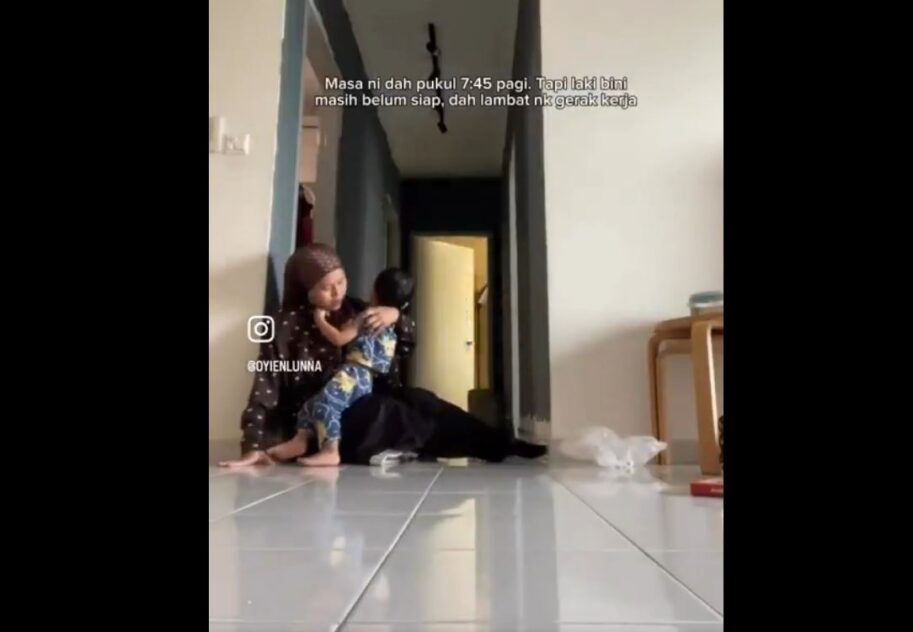THE Malaysian Medical Association (MMA) is concerned about the long hours healthcare workers are putting in for their duties, as overworked staff and burnout can have an impact on the level of care at public healthcare facilities.
MMA has received feedback that these issues are mainly due to manpower shortages and the maldistribution of doctors nationwide.
As a result, many doctors have to work beyond their normal working hours to handle the high patient load.
The majority of doctors in public healthcare do not have a work-life balance, and this has also fuelled the frustration healthcare workers have with the system, enough that many have left for greener pastures in the private sector or abroad, while others are considering their options.
Housemen, medical officers, and even specialists in public healthcare are regularly working hours beyond their shifts but aren’t being fairly remunerated for these extra man hours and services they are providing.
They too have a family and financial commitments, and like everyone, for the sake of their sanity, they also need a work-life balance, but it has been nonexistent for most of them in public healthcare.
We have received complaints from a number of housemen that they frequently have to come in to work two to three hours earlier before their shift begins for certain administrative duties and to ensure records are up-to-date, and due to the high workload, many have to stay back two to three hours after their shift ends to finish up their duties.
The flat RM600 flexi allowance they are paid, we feel, is unfair compared with the frequent extra work hours they spend. If this were to happen in the private sector, it would be seen as exploitation or even bullying. But because it is happening in the government sector, it has long been accepted as a national duty.
Private sector employees come under the Employment Act 1955 while government employees have their own General Orders spelling out their rights, rest periods, leave entitlements, wages, terms, etc. The Public Service Department (PSD) is in charge of government human resources.
To look into solutions to the issue, the MMA is planning to meet with both the Public Service Department (PSD) and the Human Resources Ministry to get their views on the matter, as we feel certain policies are needed to protect healthcare workers, which come under essential services, from being unfairly treated compared to workers in the private sector.
We hope that as part of the Health Ministry’s (MOH) efforts to reform the healthcare system with the Health White Paper, the work-life balance of public healthcare workers will be among the areas that will be looked into in greater detail. To address the issue, we need more personnel in public healthcare.
We are encouraged by the progress being made under newly appointed Health Minister Dr Zaliha Mustafa, including the offer of 4,263 permanent positions to Medical Officers and efforts to alleviate overcrowding in public healthcare facilities.
There is still a lot more work to be done to fix the system, but going forward, we are confident that with Prime Minister Datuk Seri Anwar Ibrahim and Dr Zaliha Mustafa, who are both reformists, there will be more improvements to come.
We are indeed happy to have met with Dr Zaliha who has been receptive to ideas we have proposed, and we look forward to more engagements with her and her team at MOH. — Jan 7, 2023
Dr Muruga Raj Rajathurai is the president of Malaysian Medical Association.
The views expressed are solely of the author and do not necessarily reflect those of Focus Malaysia.









